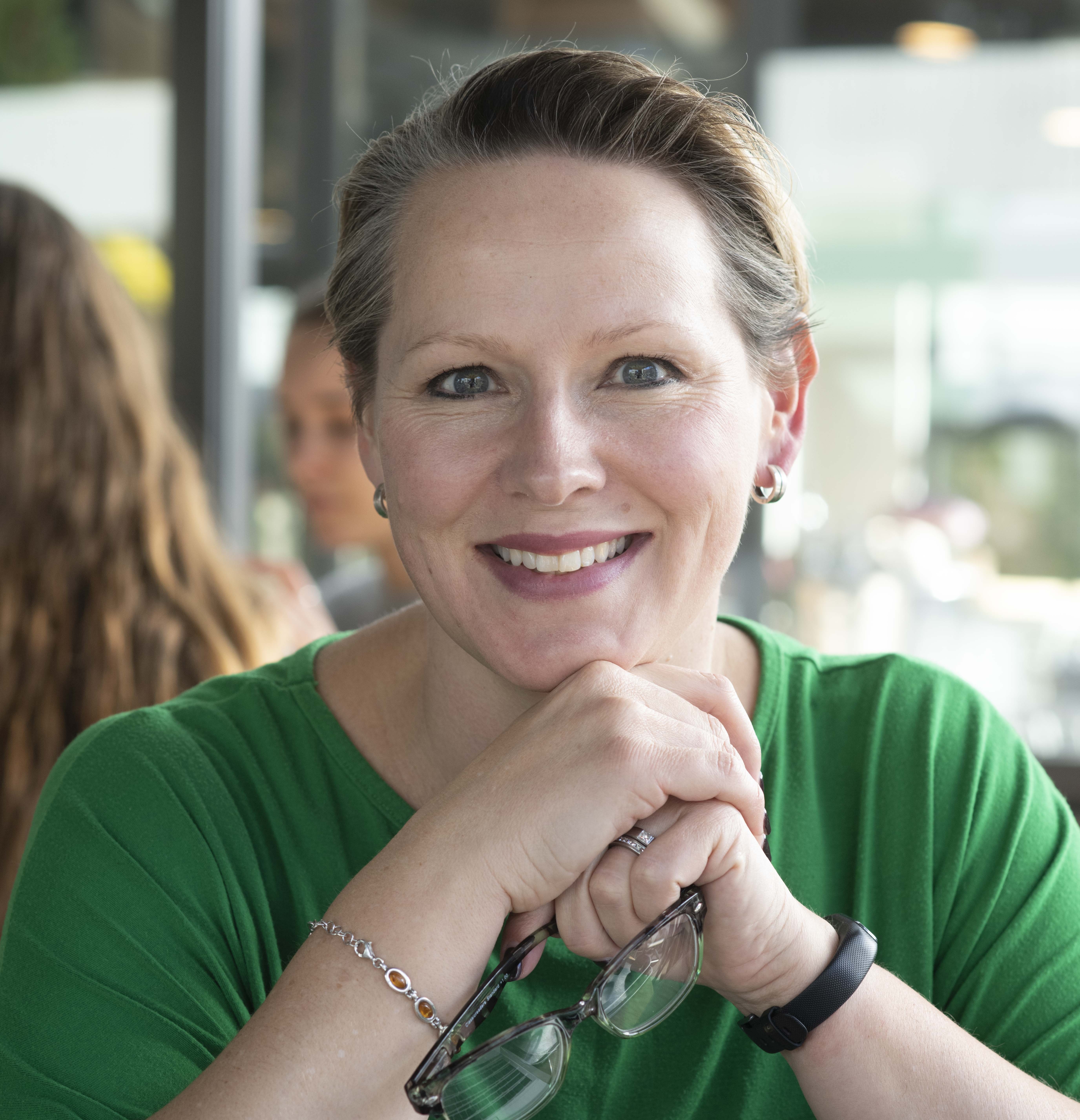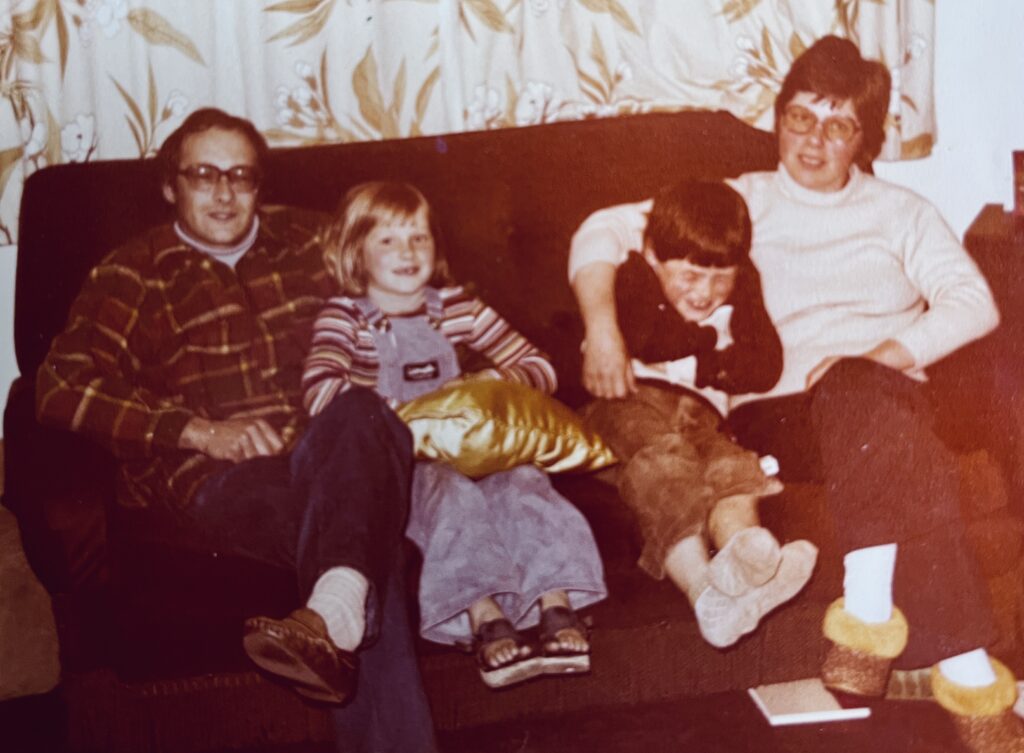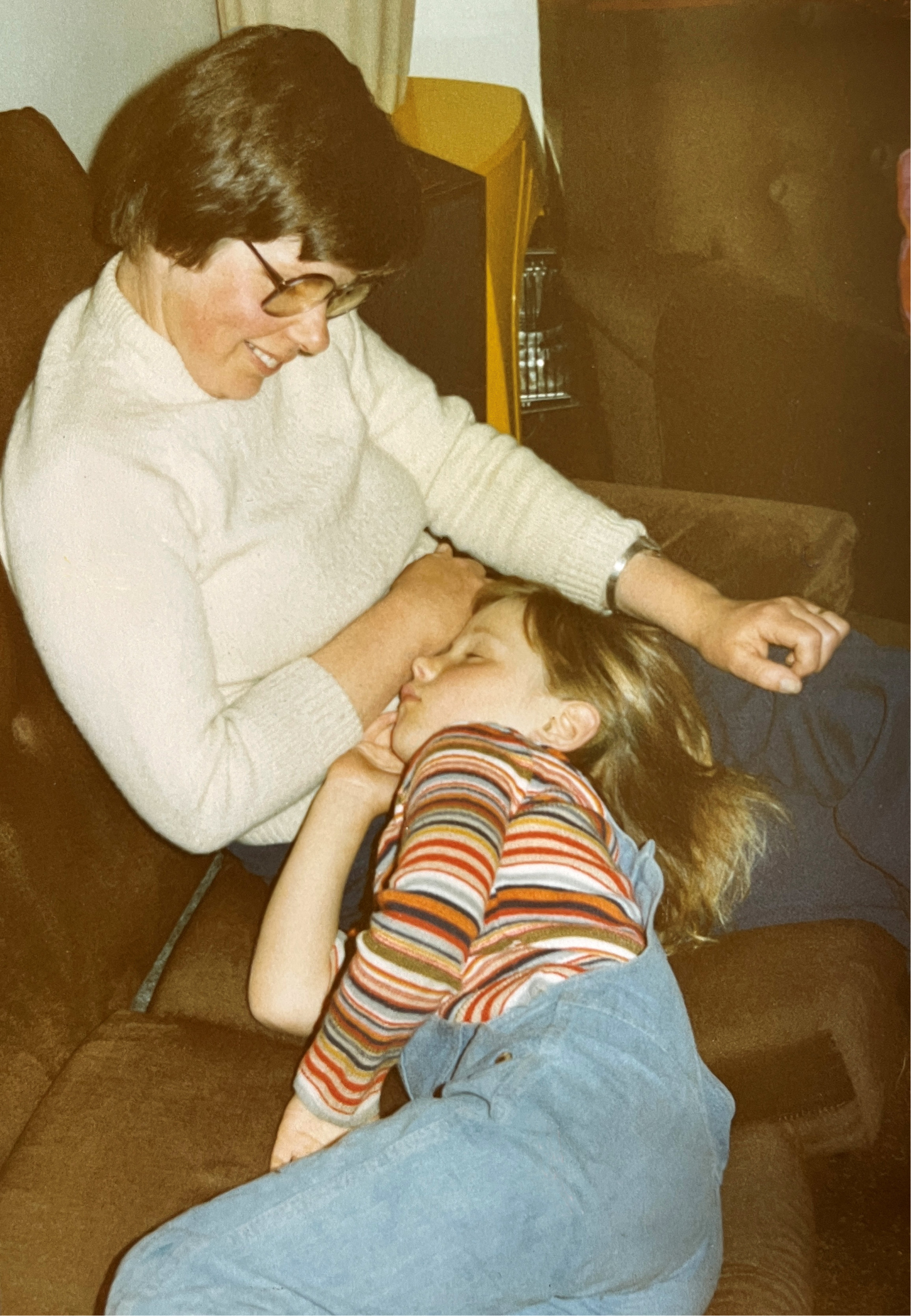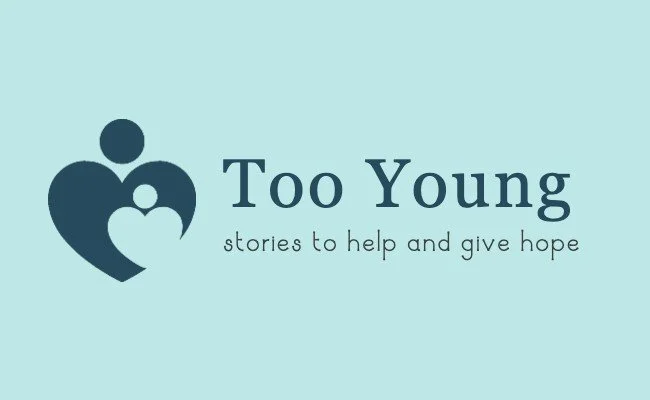Too Young – Hear the voices of bereaved children
Lee-Anne Duncan was nine when her mother died after five years battling leukaemia. Forty-four years later, Lee-Anne has created a book and website to share the stories of adults who had a parent die when they were still children. As she writes here, her aim is to reveal what it’s like to be a bereaved child.
I wasn’t with my mother when she died. My grandmother, her mother, was here, as was my father. He held her hand as she died in Dunedin Hospital, ward 6C, room 19. Years later he described his last moments with his wife, my mother, Lynore, to me. He said it started with my grandmother, who we called ‘Gam’, calling from the hospital. “I was at home with you and Jeff. Gam rang and told me I’d better get to the hospital quick. I remember driving so fast to get there, doing well over the speed limit. I got into the room, she put her hand out to me, said, ‘I love you’, and died.”
More than four decades after that day, 19 December 1981, my father – who is not an emotionally available man – told me this story so easily, like it was something he’d shared many times before. I strongly suspect he’d never told it to anyone.

Luckily a family friend was visiting us that day. My father told me Gary agreed to take us while Dad drove to the hospital like nothing could stop him. That’s a welcome piece of information, because my memories of that day start at Gary’s house, happily playing with his dog and on his stairs (I grew up in a bungalow – I loved stairs), and I’d always wondered how Dad got us there without us knowing why we were there.
My brother Jeff – ten years at the time, to my nine – and I spent the afternoon cheerfully oblivious to how our world was fracturing a few kilometres away. I’ve felt some guilt that I was happily playing while our mother died – I also know that’s what any parent would want. We knew nothing until our mother’s best friend picked us up and took us home. We walked into the sitting room to see our father on our scratchy yellow sofa. “You don’t have a mummy anymore,” he told us. His face was pale, his eyes were red. It was the only time I saw him cry. He hugged us. I think it’s the only time he hugged us.

I’m grateful this news was not a shock. My brother and I knew it was coming, even if we didn’t know that was the day. Some months before, I don’t know when, my mother had said the hardest thing I can imagine a parent telling her child. I can still hear her words, sense the light in our Dunedin kitchen, feel her as she knelt beside me. “Lan, they’ve run out of treatment for me. There’s nothing more they can do. That means I’m going to die.”
We’d known for years our mother was sick, that she had “funny blood”, that her funny blood meant she went in and out of hospital, and that if we had a cold we went to stay somewhere else – with our grandmother, family friends – so we didn’t give our bugs to her. My brother and I thought looking after our mother was a bit of a lark. We’d fight over who’d plunge the syringe to flush her Hickman line, who’d line up her gauze dressings and ready the iodine wash. Our mother involved us in her care, while protecting us from the worst.
But this was a fight that, after two remissions followed by a third reoccurrence, my mother couldn’t win. Being pre-hospice, she’d spent her final weeks in the hospital. I’ve recently learned she’d opted to go to hospital because I was anxious about having her at home. I don’t remember that, but I was an anxious child. My mother sacrificed her comfort so not to
discomfort me.
My brother and I have the same memory of seeing her for what became our final time. I remember her as skeletal, sitting up in bed, her eyes rolling. I asked why and she explained it was the pain medication, but not to be scared. I’m grateful she always told us what was happening and why, because things are less scary when you understand more. The day she died will be 44 years in my past this December. The fact I grew up with a “dead mother” has sat with me always, but mostly as a detail, a quirk, rather than something I dwelt on. If I did think about growing up without her, my thoughts were, “I’m fine – what’s to think about?”
However, as I edged towards my 50th birthday I started wondering, “How am I, really? And if I am okay, why am I okay after such a traumatic event?” And then, “What about the other kids – the 5% or so of New Zealand children whose parents die too young?” Some even lose both parents – three of my interviewees were orphaned in their teens, and another before she turned five.


The “Too Young” Project
So in 2021 I started what became my “Too Young” project, interviewing other people like me about their “dead parent” experience. We discussed how their parents’ deaths were handled, how it affected us as children and as the adults we grew into. We shared our suggestions for adults guiding children going through this now.
Our stories are aimed at bringing comfort in a shared experience to other once-bereaved children, but they also allow adults around grieving children a glimpse of what that child might be thinking, feeling, and want to be supported. That’s vital because, frankly, we must “do death better” for children. To do so we must understand how children experience
parental death and the emotional legacies it bequeaths us.
However, we also want our stories to “help and give hope” to families dealing with the illness and death of a parent today. Importantly, we want them to know that, yes, it’s horribly hard to have a parent die and the children will be forever changed. However, with the right supports, they should be okay. Likely even better than okay.